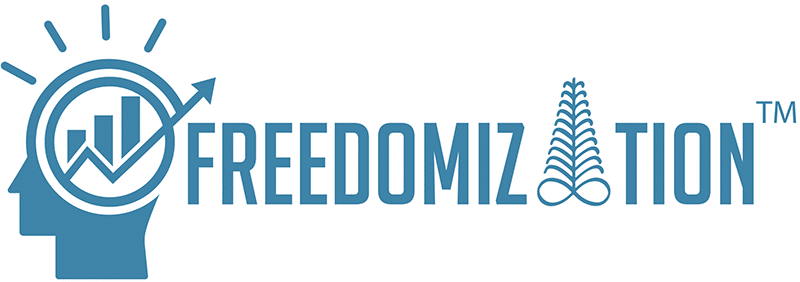In July, the Federal Trade Commission (FTC) announced it had opened an investigation into OpenAI, the company behind the signature artificial intelligence (AI) tool ChatGPT. According to the Civil Investigative Demand (CID) sent to OpenAI, the FTC’s investigation will address whether OpenAI engaged in:
- Unfair or deceptive privacy and security practices.
- Unfair or deceptive practices that pose a risk to consumers.
Concern over AI is part of a growing global and domestic trend of increased regulatory scrutiny of the use of AI and the risk it poses to consumers, notably consumer privacy.
More specifically, the Electronic Privacy Information Center published a “State of State AI Laws” report showing the 10 states in the last legislative year that have proposed comprehensive privacy bills, which include language to regulate AI. These proposed legislations were created to address concerns over:
- Preventing general harm to consumers.
- Protecting employees from AI.
- AI use in healthcare.
- AI use in insurance.
- Generative AI.
- AI used by government agencies.
These current events (and more) are already influencing decision-making at organizations in banking and capital markets.
Recent Examples of AI Implementation
One industry that has not been shy about investing in and implementing AI is banking and capital markets. Large banks such as Morgan Stanley, Deutsche Bank, Wells Fargo, JPMorgan Chase, and more are using AI internally and hiring AI subject matter experts at a rapid pace.
It’s estimated that the generative AI market in finance will surpass $27 billion in under 10 years, and global investment in AI technology will reach $200 billion by 2025.
Morgan Stanley recently reported using AI to launch an advanced chatbot, leveraging OpenAI’s technology to support its financial advisors in effectively utilizing the bank’s research and data library to better support their clients. Westpac decided to deploy a language model, developed on conversations and banking industry data, to support lending staff and customers for internal communications and documentation.
With regard to capital markets, the rising implications of generative AI are vast. Microsoft published a report that highlights the capabilities of using AI technology across front-office functions of capital markets, from leveraging content generation to build pitchbooks to generating accurate reports of research and client interactions. AI can support back-office and middle-office operations, too, through improving trade support and enhancing reporting, making AI technology an intrinsic tool across all aspects of the bank.
Below are key ways generative AI can make an impact across all operations:


